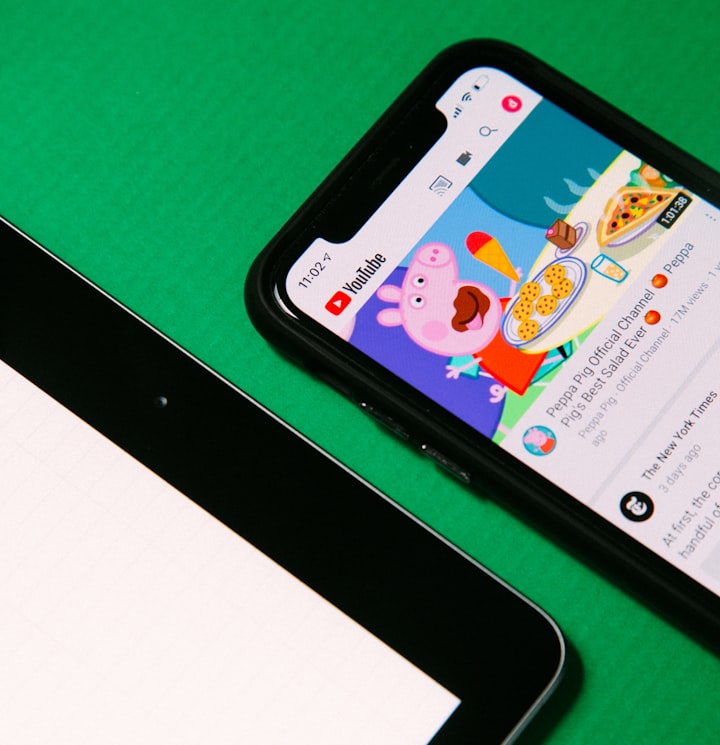How Do Torrenting Apps Work?
Explore how torrenting apps use peer-to-peer file sharing and P2P technology to connect users worldwide.

Torrenting apps work through peer-to-peer (P2P) file sharing, a decentralized method for users to distribute files directly to other users without relying on a single server.
This process involves several key components and dynamics.
Torrent File and Tracker
The process begins with a user obtaining a torrent file, which contains metadata about the file to be shared.
This file is opened by a torrenting app, such as qBittorrent or uTorrent.
The torrent file connects to a tracker – a server that manages the communications between peers.
The tracker provides the IP addresses of other users who are sharing or have previously shared the same file.
Peer Connections and File Download
Once connected to the tracker, the torrenting app communicates with other users (peers), seeking the parts of the file needed for download.
These peers may have the entire file or just specific parts of it.
The app then establishes connections to multiple peers and downloads the file in small fragments from them simultaneously.
Seeding and Leeching
Users who have the entire file and continue to share it with others are called 'seeders.' On the other hand, 'leechers' are those who are in the process of downloading the file.
A seeder is crucial for maintaining the availability of the file for new users to download.
Managing Data Integrity
To ensure the integrity of the downloaded file, torrenting apps use a hashing algorithm to verify the received data against the original file.
This process helps detect any errors or corruption during the download, and the missing or corrupted parts can be re-requested from other peers.
Global Connectivity
One of the remarkable aspects of torrenting apps is the global reach of peer connections.
Users sharing the same file can be located across the world, contributing to the distributed nature of P2P file sharing.
Legal and Ethical Considerations
While torrenting technology itself is not illegal, it is commonly associated with pirated content, leading to legal and ethical concerns.
Users should be mindful of copyright laws and ensure they have the right to share and download the files.
The decentralized nature of torrenting apps fosters efficient distribution of files, leveraging the collective bandwidth and storage of users across different locations.
As the technology continues to evolve, understanding its workings and the associated legal and ethical considerations becomes increasingly important.






